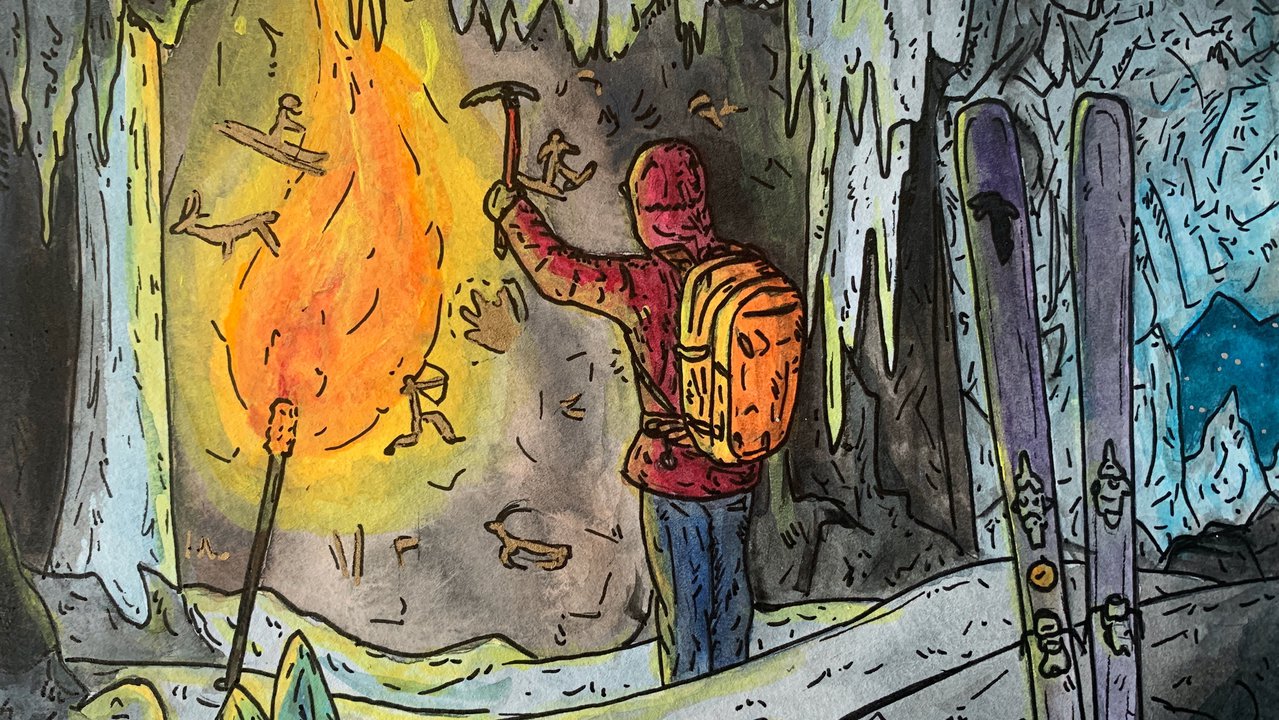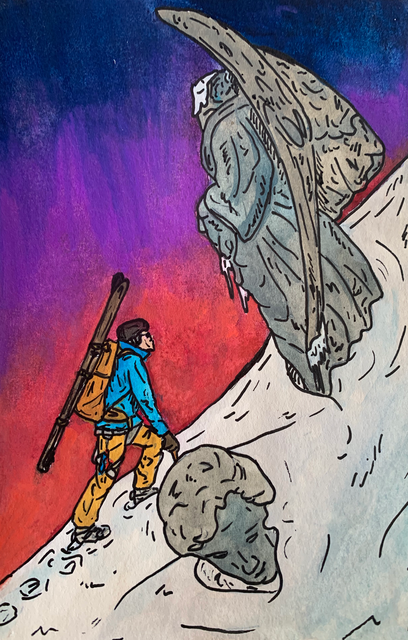Its the foundation that all other knowledge is built on.
This is when theyre taught how to build a sound argument, and how to identify a fallacy.
Finally, the Rhetoric Stage delivers the tools and practice needed to make those logical arguments and constructions palatable.

Rhetoric helps us build the bare bones of an outlined argument into a compelling message.
It transforms a logical syllogism into a speech.
And thats all very nice from an educational perspective, but what does it have to do with skiing?

Well, for many folks, skiing follows the same path.
We start out learning what weresupposedto do, the techniques that all skiing is built on.
With those foundations built, we learn how to use them together.
We learn to adapt those fundamentals to different conditions and terrains.
We take those raw factual fundamentals and build an understanding of when we should use which ones.
I knew what I needed to do, but it still wasnt natural, wasnt clean.
And I didnt see a natural way to progress past this.
But then halfway through last season, something started to click.
I found it easier to get out of my head and just ski.
I wasnt thinking through every turn I made, trying to double-check I could complete it without falling.
Im not sure anyone watching me ski would have noticed, but I could feel it.
I was focusing on how my skiing looked and felt, not just on the outcome.
I was flirting with rhetoric.
If the rhetoric stage has an exact analogy in skiing its probably the idea of style.
Style is what makes a trick or a turn special.
It doesnt change what fundamentals went into a trick, or what that trick factually is.
A 360 is a 360, whether its penciled out and awkward, or smooth and steezy.
But style is what makes a skier compelling.
Its the x factor that makes watching someone feel special or unique in some way.
Some skiers are poetic in their style, dancing with the mountain with a free flowing grace.
Some are aggressive, intense, like a fiery revival preature exhorting his audience.
The learning curve that skiing offers is a big part of the draw.
But so often we just talk about it in simple terms of progression.
But theres more to it than that.
Progression can just be about making your skiing more compelling, more beautiful, more expressive.
Progression can come from skiing the same runs you always have, at the same speed you always have.
I still want to learn new tricks, ski faster, go bigger.
But more than that I want to ski better.
I want to ski more fluidly.
I want to ski more like myself.
Maybe Plato had an important part of this whole skiing thing figured out.